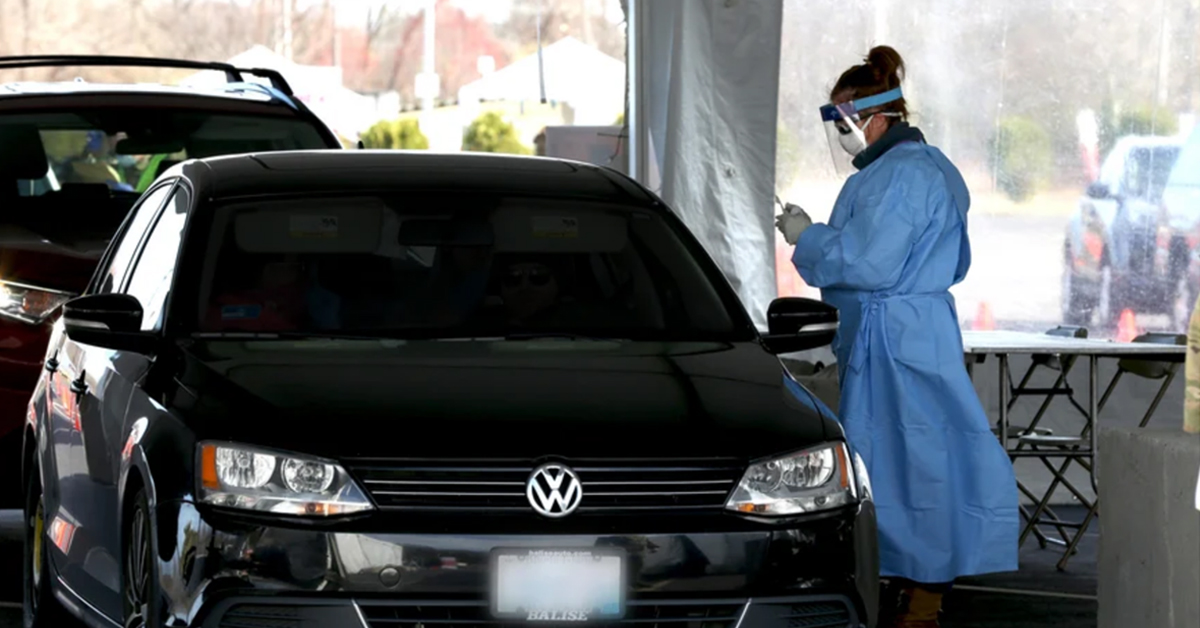In this weeks’ Innovation Partners BioBlog, experts share opinions on how the healthcare industry will change after the first wave of the COVID-19 crisis passes. CVS plans to open more testing centers and hopefully process 1.5 million tests per month, depending on laboratories and supplies. And Merck just inked an agreement with research nonprofit IAVI to develop a potential COVID-19 vaccine using the same technology that is the basis for Merck’s Ebola Zaire virus vaccine. More stories are in this week’s Innovation Partners BioBlog.

ACOs seek info on Next Gen, Direct Contracting models amid COVID-19 pandemic
Accountable care organizations (ACOs) are asking the Trump administration for an update on the Next Generation ACO Model, which is set to expire this year, as well as on the upcoming Direct Contracting Model. The National Association of ACOs (NAACOS) stated that value-based care will be more critical than ever during the COVID-19 pandemic. ACOs typically take on some financial risk for not meeting spending targets and must repay Medicare for not meeting those targets. In exchange, it receives a share of the savings. NextGen is expected to be phased out at the end of this year, but no word has been received about what will replace it.
READ MORE
CVS Health expands COVID-19 testing to 14 states with a focus on serving minority communities
CVS Health plans to open 300 additional testing sites across 14 states to help hard-hit communities access COVID-19 testing. The company expects to have a total of 350 testing sites in Arizona, California, Connecticut, Florida, Georgia, Illinois, Indiana, Louisiana, Maryland, Massachusetts, New Jersey, New York, Pennsylvania, and Texas. The volume of testing depends heavily on access to both laboratories and supplies. The company has stated the goal of processing 1.5 million tests per month.
READ MORE
FDA approves brigatinib for ALK-positive metastatic NSCLC
The FDA has approved brigatinib (ALUNBRIG, ARIAD Pharmaceuticals Inc.) for adult patients with anaplastic lymphoma kinase (ALK)-positive metastatic non-small cell lung cancer (NSCLC) as detected by an FDA-approved test. Vysis ALK Break Apart FISH Probe Kit (Abbott Molecular, Inc.) is a companion diagnostic for brigatinib.The trial randomized 275 patients to receive brigatinib 180 mg orally once daily with a 7-day lead-in at 90 mg once daily (n=137) or crizotinib 250 mg orally twice daily (n=138). The average progression-free outcome for patients treated with brigatinib was 24 months (95% CI: 18.5, NE) compared with 11 months (95% CI: 9.2, 12.9) for those treated with crizotinib (HR 0.49; 95% CI: 0.35, 0.68; p<.0001). READ MORE
The COVID-19 pandemic will have a long-term impact on healthcare. Here are 4 changes to expect
Experts say that the COVID-19 pandemic has forever changed the healthcare industry. Systems that maintained a cash cushion and those that embraced technology and telehealth pre-COVID-19 are expected to emerge from the epidemic relatively unscathed. Rural and poorer systems may not fare as well. Areas that experts believe will be forever changed by the pandemic include new strategies for elective surgeries, the need for local supply chains rather than relying on overseas supplies, the continuation of telehealth services, and increased use of drones and robots in healthcare settings.
READ MORE
Takeda’s Alunbrig scores nod for earlier lung cancer use, but a Roche showdown awaits
The FDA approved Takeda’s Alunbrig for use in previously untreated, ALK-positive non-small cell lung cancer. Results from a phase 3 trial show Alunbrig could cut patients’ risk of disease progression or death by 51%, as compared with Pfizer’s Xalkori at the 25-month treatment mark, which led to the FDA’s approval of Alunbrig. In patients with brain metastases, who make up 30% to 40% of the ALK-positive pool, the drug cut the risk of brain disease progression by 69%. Currently, Roche’s Alecensa is the leading drug in this space. New data showed that Alecensa could help patients live longer, with 62.5% of Alecensa patients still alive at the five-year mark versus 45.5% of the Xalkori group.
READ MORE
ESMO Supports Who Resolution on ‘COVID-19 Response’
ESMO welcomed the WHO strategy, outlined in a resolution entitled “WHO COVID-19 Response Resolution.” The organization supports WHO’s recommendations to address a wide range of challenges the pandemic poses to people with health issues, primarily due to service disruption, lack of sufficient resources, and patient travel restrictions. ESMO also called on governments to protect people at high-risk of COVID-19, such as healthcare professionals and people with pre-existing conditions, including cancer.
READ MORE
Merck partners with nonprofit to develop potential coronavirus vaccine
Merck is partnering with research nonprofit IAVI to develop a coronavirus vaccine. Clinical trials are expected by the end of 2020. The same technology used to make Merck’s Ebola Zaire virus vaccine will be used to work on the COVID-19 vaccine. The vaccine is currently in preclinical development at IAVI’s design and development lab in Brooklyn. Merck received funding from the Biomedical Advanced Research and Development Authority (BARDA) for the initiative.
READ MORE




